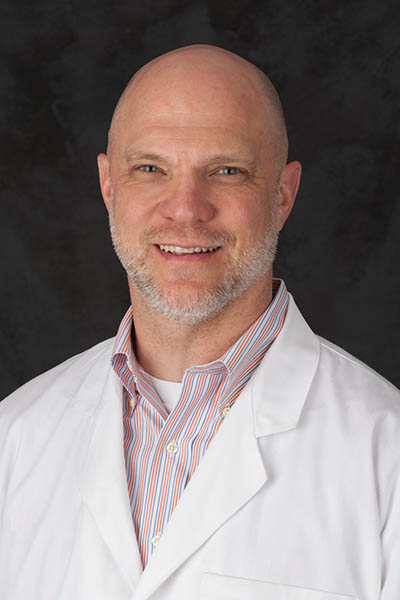
Almost 70% of adults who smoke say they want to quit, but that doesn’t always mean it’s easy to do. Whether it’s your first or fifteenth attempt at quitting, you can do it.
“I always tell my patients quitting is possible, no matter how difficult it may be,” says Dr. Carl Derrick, a board-certified specialist in internal medicine at Beaufort Memorial Lowcountry Medical Group. “Quitting smoking has a ton of benefits, and it’s worth the effort.”
If you need motivation, these five reasons why you should quit smoking can encourage you to start or continue your journey to becoming tobacco free.
1. Your heart and lungs will get the rest they deserve.
Twenty minutes after your last cigarette, your heart rate and blood pressure drop, which, over the long term, could lower your risk of cardiovascular disease. After three months, your circulation and lung function will improve. When you reach your one-year anniversary, your risk of coronary heart disease will be half the risk of someone who smokes.
2. You won’t put others at risk anymore.
Secondhand smoke — the smoke others breathe when another person exhales or from the lit end of someone else’s cigarette — poses a variety of health risks to the people around you, even if they have never smoked themselves. In addition to increasing their risk of lung cancer, heart attack and stroke, secondhand smoke can also exacerbate their asthma. Also, when you quit, you no longer expose your friends and loved ones to the 7,000 chemicals that exist in secondhand smoke.
“There’s also something called third-hand smoke, which is the smoke that lingers on clothes, hair, carpet and furniture after someone smokes,” Dr. Derrick says. “Like secondhand smoke, it exposes people to the carcinogens present in smoke. While those smoke particles are still on you, they can cause health problems for those around you. Quitting is the No. 1 way to reduce that risk.”
3. You can learn mindfulness or other good mental health habits.
“I find a lot of patients miss the habit of smoking when they quit,” Dr. Derrick says. “They find themselves at the bar they smoked in, or with the friend they took smoke breaks with, and before they know it, they’re smoking again. I always tell them being mindful is a good thing. It helps them recognize their patterns and avoid those situations or plan accordingly if those situations can’t be avoided.”
For many people, smoking can also be a calming ritual, which Dr. Derrick understands. However, quitting gives you an opportunity to choose healthy stress relievers, such as yoga or meditation, instead.
4. Your cancer risk will plummet.
Smoking doesn’t just increase your lung cancer risk. It also makes you more likely to develop cancers of the:
- Bladder
- Colon and rectum
- Esophagus
- Kidney
- Liver
- Mouth
- Pancreas
- Stomach
When you quit smoking, you reduce your risk of all of these types of cancer and other conditions. “We’ve found that if you quit smoking, your risk of lung cancer is back to the average nonsmoker’s risk by 15 years,” Dr. Derrick says. “That’s why, for lung cancer screenings, the U.S. Preventive Services Task Force recommends patients who currently smoke or have quit in the past 15 years have a low-dose CT scan to screen for lung cancer.”
Read More: Mike Binkowski’s Lung Cancer Survival Story
5. You’ll live a longer, happier life.
“More than anything else, I always stress to my patients that quitting smoking will improve their quality of life,” Dr. Derrick says. “You save money, you don’t smell of smoke, you can breathe easier and your body functions better. I had one gentleman who quit smoking because he didn’t want his second hand or third hand smoke to impact his new granddaughter.”
Many people who quit smoking also report that food tastes better and their sense of smell returns to normal. Daily activities won’t leave you out of breath, and you won’t have to leave your friends and family in smoke-free buildings to go outside for a cigarette. You’ll find few places in your life that aren’t improved by your decision to quit.
Read More: How to Quit Smoking
How to Stop Smoking
If you’re ready to quit smoking once and for all, we can connect you with the smoking cessation resources you need to be successful. You should also schedule an appointment with your primary care provider to see if you qualify for a low-dose CT lung cancer screening. These highly detailed imaging tests detect very small lung cancers, giving you the best chances of overcoming the disease before it has a significant impact on your life.
“The earlier we find lung cancer, the more likely it is you’ll survive,” Dr. Derrick says. “I’ve had patients receive lobectomies when, if it weren’t for their screening, they could have lost a lung entirely. Screenings reduce death and disease, plain and simple.”
To learn more about low-dose CT scans, call us at 843-522-5015.
Screening requires a referral from your primary care provider. If you need a provider, find one accepting new patients.

